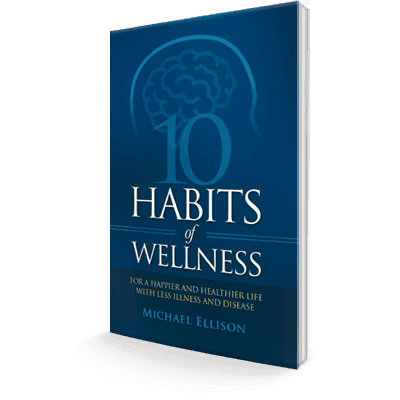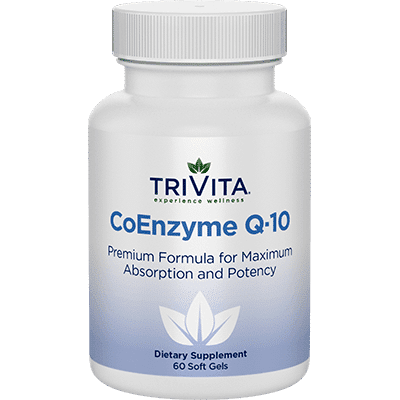With age, some amount of memory loss is considered normal. A lost wallet or forgetting where the car is parked isn’t an immediate cause for concern. As people get older, changes occur in the body (including the brain), which can result in occasional forgetfulness. Some people may also notice it takes longer to learn new things or have difficulty recalling information as quickly as they used to. This can begin as early as the 20s and 30s for some people.
What’s Normal
For most people, occasional lapses in memory are moderate and are not disabling. The following examples are typical for older adults:
- Sometimes forgetting what word to use
- Losing things occasionally
- Forgetting an appointment or bill from time to time
- Becoming easily distracted
- Not entirely being able to remember information that’s “on the tip of your tongue”
What’s Not Normal
The main difference between age-associated memory loss and more severe forms, such as mild cognitive impairment or dementia, is how it affects your daily life. Age-related lapses in memory or thinking have little impact on your performance and ability to enjoy life. On the other hand, mild cognitive impairment and dementias are persistent, debilitating and are marked by a decline in two or more intellectual abilities like memory, language, abstract thinking, and judgment.
Below are examples of potential signs and symptoms:
- Trouble holding a conversation
- Difficulty recalling details of recent conversation or events
- Frequently forgetting dates or events
- Difficulty recognizing or remembering the names of family members and close friends
- Trouble making decision or poor judgment
- Unable to follow directors or feeling lost and disoriented in familiar places
- Difficulty performing simple tasks (paying bills, dressing appropriately or household chores)
When to Get Help
It’s time to see your doctor when memory lapses or difficulty thinking becomes frequent and noticeable. If family members, friends or co-workers have expressed concern, it’s important to speak with your physician as soon as possible for an assessment.
Keep in mind that memory loss can be exacerbated by certain medical conditions, such as head injury, nutritional deficiencies, stress, and depression, or can be a side effect of medications. If you experience memory loss or other issues thinking, it’s important to speak with your doctor to determine what’s causing them.
Check out Alfred Libby’s original, patented formula for brain health. They’re only available from TriVita.
Daily, consistent use of [TVBLOGCOPY]Alfred Libby’s Slow Dissolve B-12[/TVBLOGCOPY][MWSBLOGCOPY]Alfred Libby’s Slow Dissolve B-12[/MWSBLOGCOPY] delivers 100% of the recommended daily requirements for B12, B6 and B9 vitamins.
Also, check out other TriVita supplements for brain health like [TVBLOGCOPY]NeuroShine[/TVBLOGCOPY][MWSBLOGCOPY]NeuroShine[/MWSBLOGCOPY] (U.S. only) and [TVBLOGCOPY]Omega3 Prime[/TVBLOGCOPY][MWSBLOGCOPY]Omega3 Prime[/MWSBLOGCOPY].
[TVBLOGCOPY]If you have any questions, feel free to call us at 1-800-991-7166 in the U.S. or 1-800-344-8797 in Canada.[/TVBLOGCOPY]
Reference: https://www.nia.nih.gov/health/memory-and-thinking-whats-normal-and-whats-not













